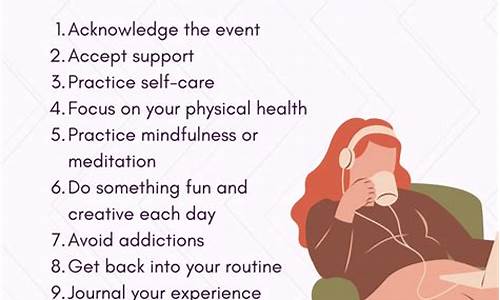How a Healthy Lifestyle Can Enhance Stress Resistance
Stress is an inevitable part of modern life, but how we manage it can have a significant impact on our overall health and well-being. A healthy lifestyle can enhance our ability to cope with stress by strengthening our body and mind, improving resilience, and enabling us to handle daily challenges with more ease. In this article, we will explore how different aspects of a healthy lifestyle, including diet, exercise, sleep, and mindfulness, can improve stress resistance.
1. The Power of Exercise in Stress Management
Regular physical activity is one of the most effective ways to combat stress. Exercise stimulates the production of endorphins, the body’s natural mood enhancers, which can reduce feelings of anxiety and depression. It also helps to regulate cortisol levels, the hormone that is released during stress. Incorporating activities like walking, jogging, or yoga into your daily routine can greatly improve your stress resilience.
2. Proper Nutrition for Mental Clarity

A balanced diet plays a crucial role in managing stress. Nutrient-rich foods, such as fruits, vegetables, whole grains, and lean proteins, provide the body with essential vitamins and minerals that support brain function and emotional stability. Avoiding excessive caffeine, sugar, and processed foods can help prevent spikes in stress hormones and energy crashes, which can negatively impact mood and stress levels.

3. The Importance of Quality Sleep

Adequate and restful sleep is essential for both physical and mental recovery. Lack of sleep can increase stress levels by impairing cognitive function, reducing emotional regulation, and weakening the immune system. A healthy sleep routine, which includes going to bed and waking up at consistent times, helps to restore the body’s balance and increase its ability to cope with stress.
4. Mindfulness and Stress Reduction
Mindfulness practices, such as meditation, deep breathing, and mindfulness-based stress reduction (MBSR), can significantly improve stress resistance. These techniques help to calm the mind, improve focus, and reduce the intensity of stress responses. Regular mindfulness practice encourages a sense of present-moment awareness, allowing individuals to manage stress more effectively by not dwelling on past or future worries.

Conclusion
A healthy lifestyle is an essential tool in building stress resistance. By focusing on exercise, proper nutrition, sleep, and mindfulness, we can significantly improve our ability to handle the pressures of daily life. Implementing these practices into your routine will not only help you manage stress but also promote long-term physical and mental well-being.